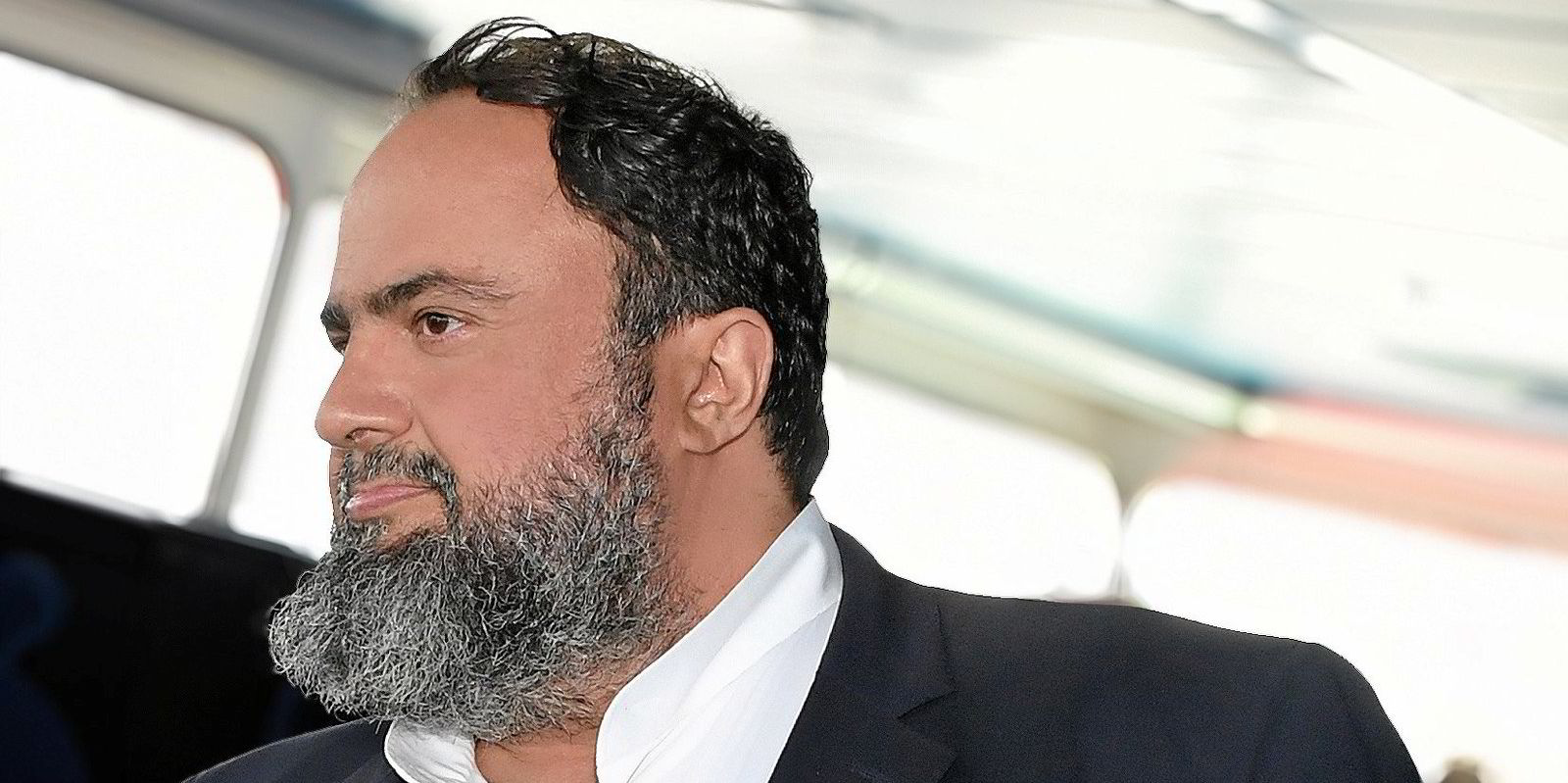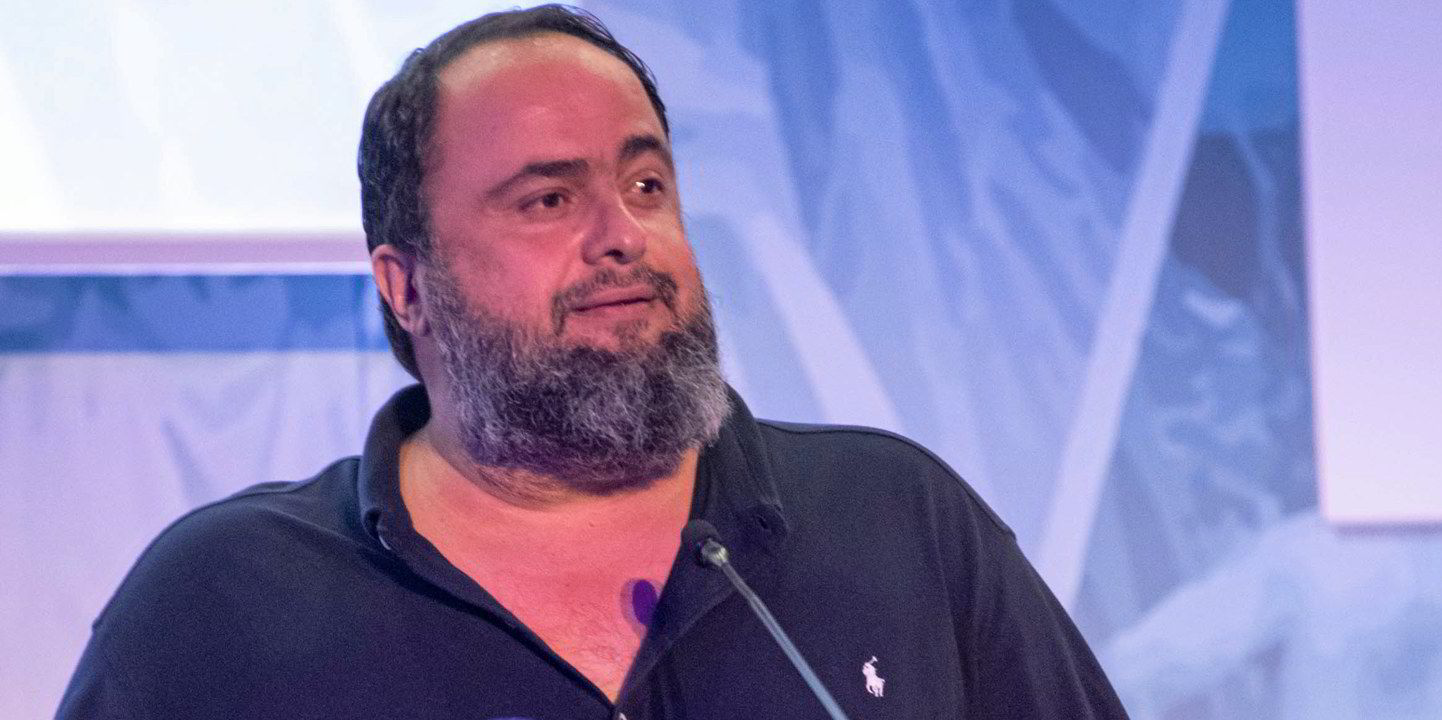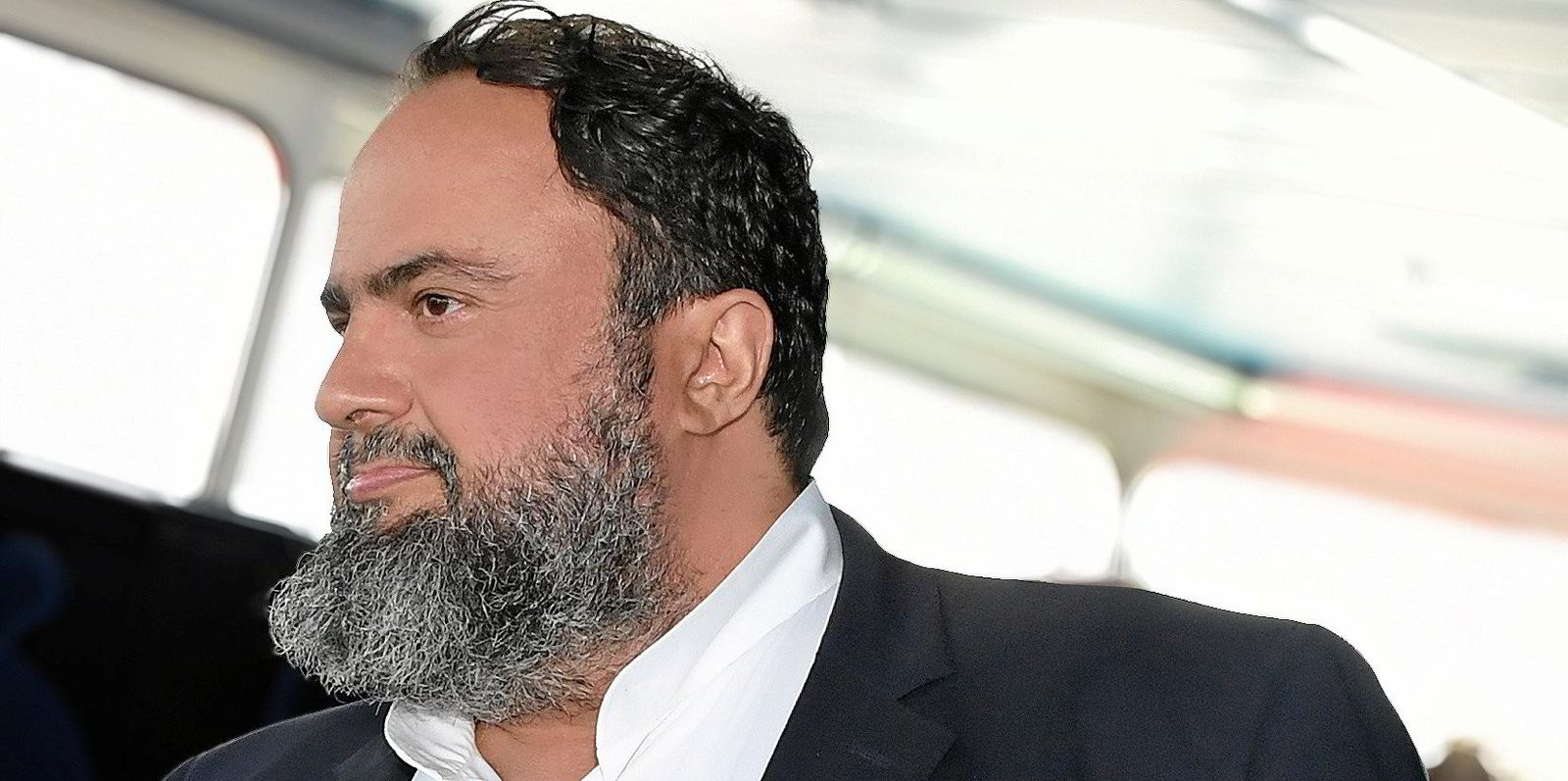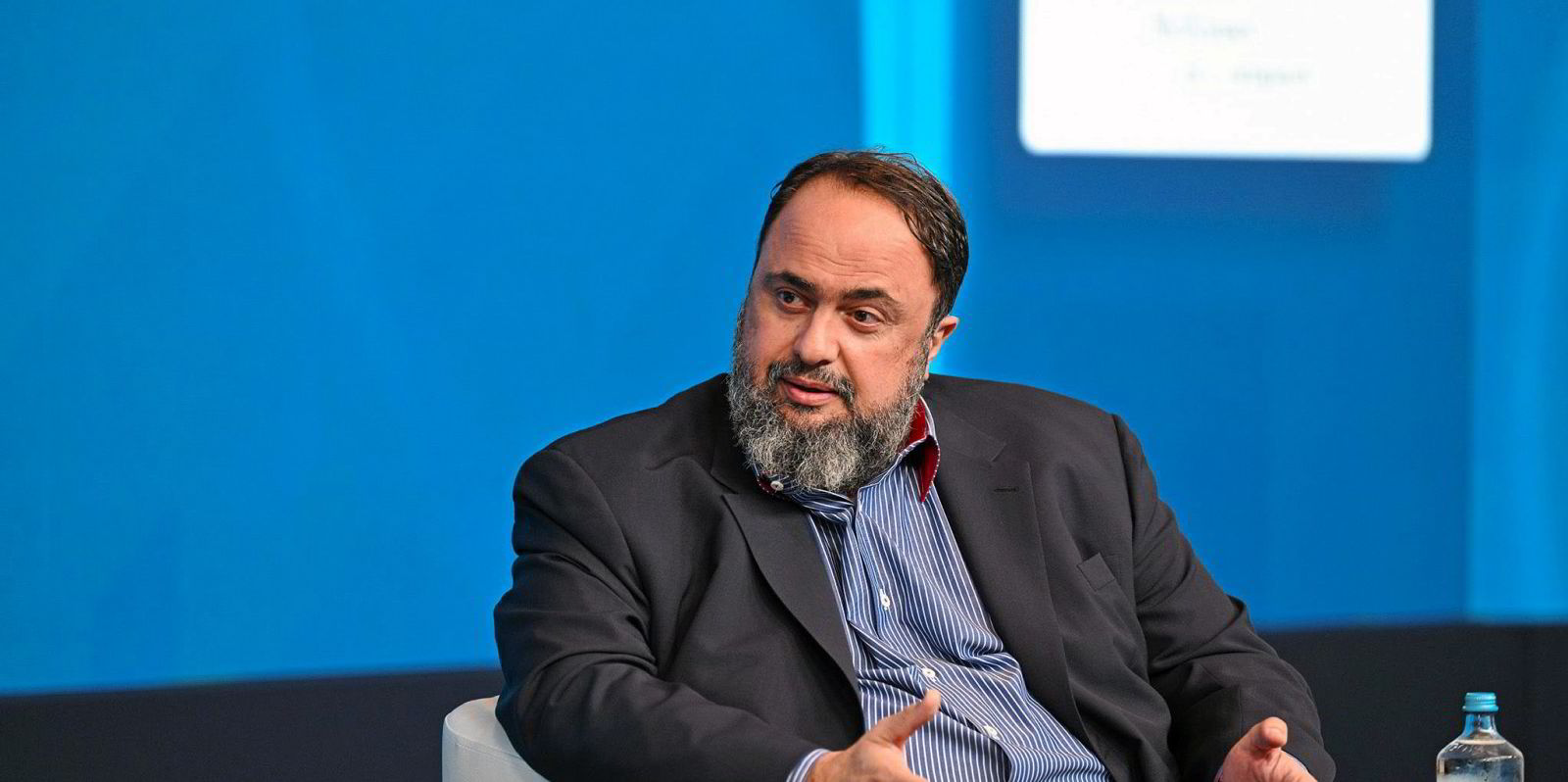Capital Product Partners unveiled on Friday the first sale in what will probably be a long-drawn-out wind-down of its boxship fleet, as it transforms itself into a pure LNG carrier player.
The Evangelos Marinakis-controlled firm announced in its fourth-quarter results that it agreed in December to sell the 5,100-teu Long Beach Express (built 2008) to undisclosed buyers. No price was announced.
Capital has already said it would gradually divest its entire fleet of 15 container ships, the current market value of which is about $850m, according to VesselsValue.
“We have seen significant enquiry for the sale of our vessels, given the quality of our fleet and their attractive charters in place,” chief executive Jerry Kalogiratos told analysts in a conference call after results were published.
The ships are mostly post-panamax units built in 2013 and neo-panamaxes dating from 2022 and 2023.
All of them, including the Long Beach Express, are on secured employment throughout 2024 and for 77% of next year’s days.
The company has no specific timeline for divesting the boxship fleet and will sell selectively, only when the time is right.
“We’re quite opportunistic in the way we engage,” Kalogiratos added, saying he should be able “to announce more” over the next weeks and months.
Capital’s container ship divestment is in line with plans announced in November to become a pure-play gas carrier firm that will be rebranded as Capital New Energy Carriers.
Capital, which has nine large, latest-generation LNG carriers on the water, has already agreed to double this fleet by acquiring from Marinakis nine newbuildings that will be delivered between the second quarter of 2024 and the first quarter of 2027.
It will also have a right of first refusal to acquire two ammonia carriers and two liquid CO2 carriers that private Marinakis company Capital Maritime ordered last year, as well as any other two-stroke LNG vessels in the future.
Bigger debt cost eats into profit
Capital is investing more than $3bn in this transformation, boosting long-term debt to $1.67bn at the end of December from less than $400m in 2020.
The accumulation of bigger and more expensive debt in the process has increased the company’s finance costs and lowered profit.
Capital reported a fourth-quarter net income of $12.7m on Friday, down 40% year on year.
For the full year, net income shrank by 62% to $47.2m, primarily due to its higher finance costs, which nearly doubled in 2023 to $104.9m from $55.4m.
Rising finance costs apart, the profit drop also reflects the absence of $47.3m in one-off ship sale gains that the company had booked in 2022 but did not repeat last year.
To make matters worse, 2023 profitability was weighed down by $11.5m in impairments from the sale of the Long Beach Express and the sale last summer of the 179,200-dwt Cape Agamemnon (built 2010), which was Capital’s last bulker.
The company’s shares, or common units, closed trading at $17.80 apiece on 1 February, giving it a market value of $979.7m, which is below its net fleet value of $2.63bn as of the end of December.
Marinakis controls 54% of New York-listed Capital. Nearly 22% is owned by Greek real estate businessman Ioannis Papalekas through his Cyprus-based Yoda PLC Group.
Capital already announced on 25 January that it was maintaining its cash distribution steady at $0.15 per common unit for the ninth consecutive quarter.
The company plans to adopt a more flexible, floating dividend policy in future — once it completes another transformation, from a master limited partnership to a normal corporation.






